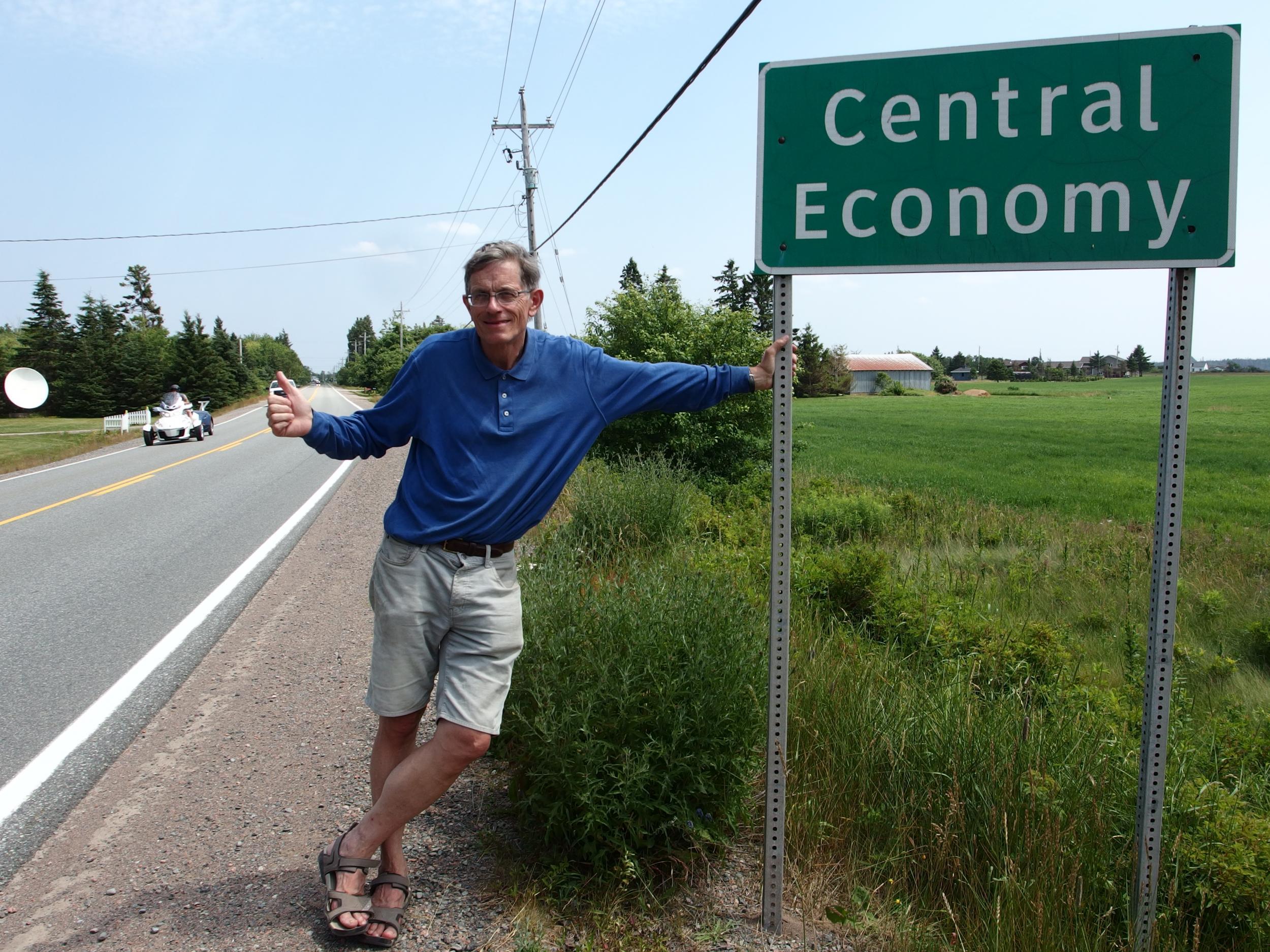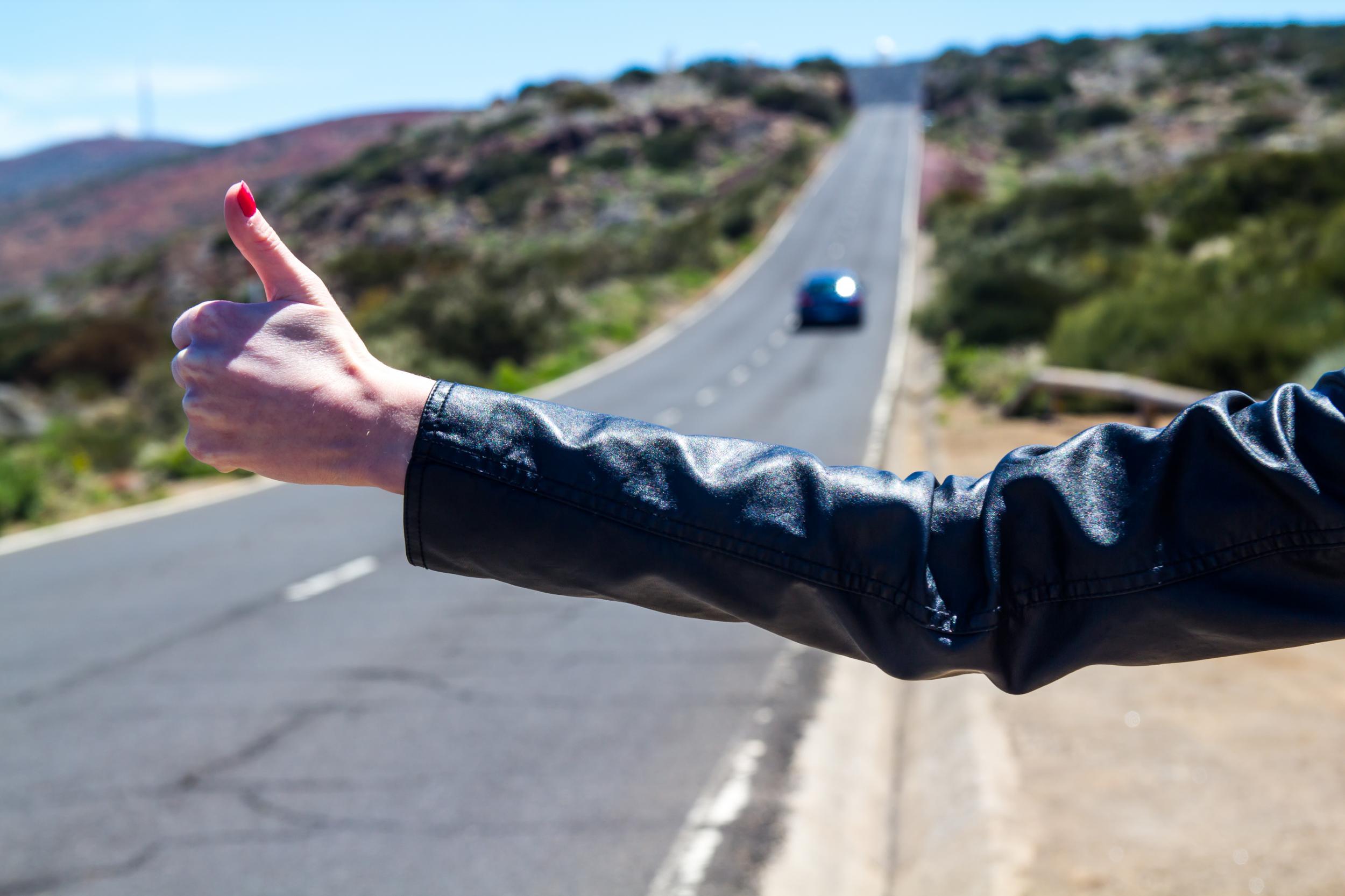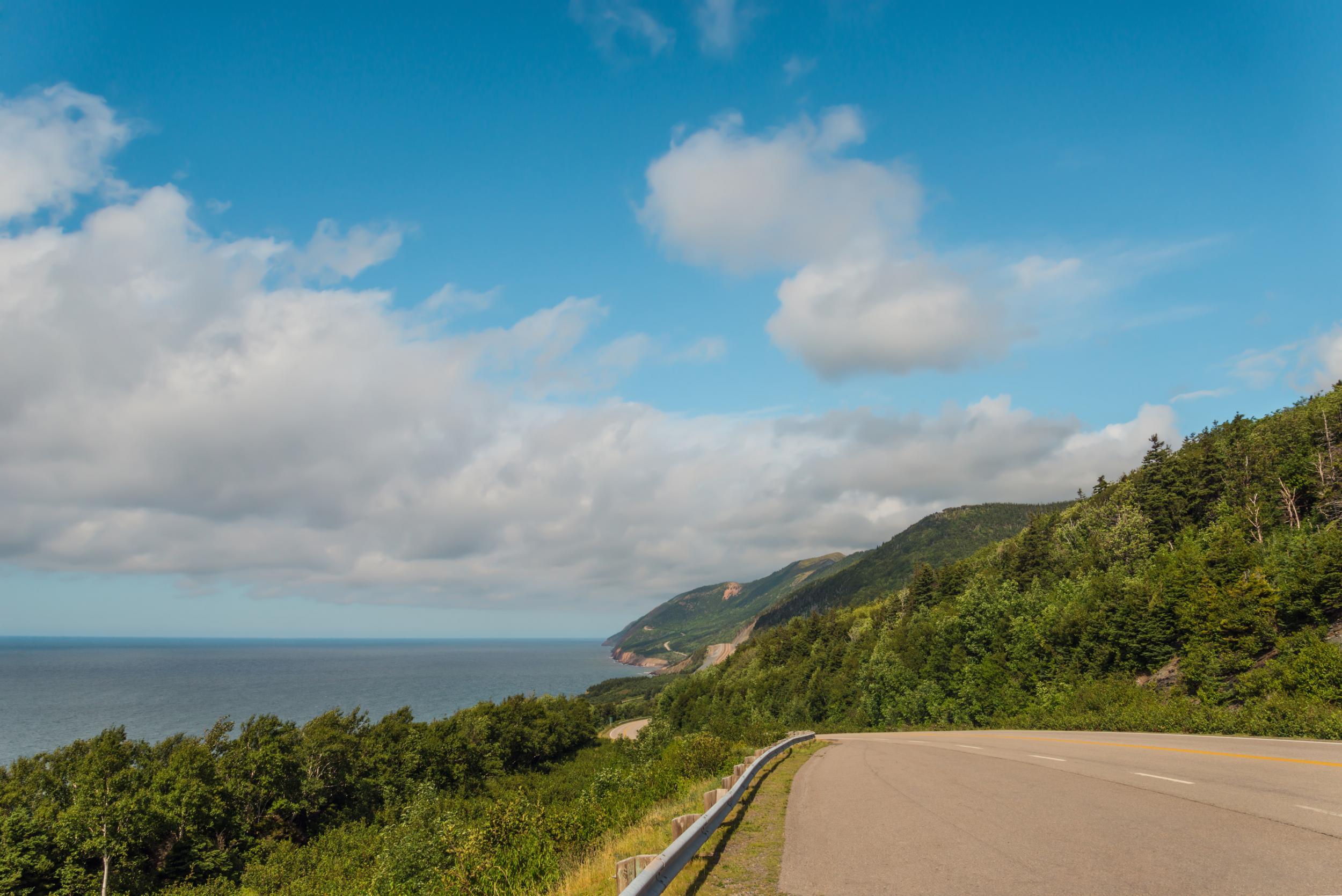Thumbs up: the hitchhiker's guide to New Zealand
After a French hitchhiker reportedly flew into a rage after four days stuck on a South Island roadside without a lift, Simon Calder says all you really need to hitch in NZ is a good book

Your support helps us to tell the story
From reproductive rights to climate change to Big Tech, The Independent is on the ground when the story is developing. Whether it's investigating the financials of Elon Musk's pro-Trump PAC or producing our latest documentary, 'The A Word', which shines a light on the American women fighting for reproductive rights, we know how important it is to parse out the facts from the messaging.
At such a critical moment in US history, we need reporters on the ground. Your donation allows us to keep sending journalists to speak to both sides of the story.
The Independent is trusted by Americans across the entire political spectrum. And unlike many other quality news outlets, we choose not to lock Americans out of our reporting and analysis with paywalls. We believe quality journalism should be available to everyone, paid for by those who can afford it.
Your support makes all the difference.“Hitchhiking in New Zealand is an easy sport,” wrote Hamish Mykura a while back in The Independent. “And hitchhiking in a kilt there is really no sport at all. Like going fishing with dynamite in an aquarium, it’s simply too easy.”
Regrettably, I have only ever worn trousers whenever hitching in New Zealand. But I must agree with Mr Mykura that the nation is singularly good territory for thumbing.
The New Zealand Police warn visitors: “Hitchhiking or accepting rides from people you don’t know is not recommended.” Yet it is difficult to think of a more benign nation in which to solicit a ride.
On both the main islands, hitching brings out the best in Kiwi motorists. Granted, traffic is much thinner than in Europe, but a much higher proportion of drivers stop for hitchers than in most countries.
So I was puzzled to read about a traveller named Cedric Rault-Verpre. He appeared in court this week after an alleged episode of “hitch rage” in a small settlement on the west coast of the South Island.
The Frenchman is reported to have damaged road signs in a show of frustration after failing to get a lift in four days hitching south on State Highway 6 at Punakaiki.

I have experienced some mighty long waits – particularly in France – but waiting four days outside a village on a friendly island does not add up, even if one is wearing trousers rather than a kilt. Locals, in my experience, notice when a stranger is standing by the roadside for an extended length of time. By day two it seems inconceivable that a commuter or delivery driver would not stop out of curiosity as well as generosity.
The same principle applies in all rural areas, from Punakaiki to Canada. One afternoon in northern Ontario, after I had been vainly hitchhiking outside a campsite for two hours, a camper who could bear to watch me failing miserably no longer went and got his car to drive me 20 miles down the road.
In Nova Scotia, another Canadian province, I have endured some unaccountably long waits. Yet I can’t imagine anyone would be left by the roadside in the hamlet of Central Economy for days on end.
As in rural Canada, so in New Zealand: public transport ranges from poor to non-existent, and all the drivers know it.

What makes New Zealand different is that the lift is often only the start of the service provided by the benefactor. A North Islander took me on a grand tour of the geological wonders of Rotorua, while a South Islander provided me with an hour’s city-sightseeing in Dunedin. And as I wrote in The Independent, also a while back, “If you have nowhere to stay in New Zealand, you need only start hitching towards nightfall. Some generous soul will pick you up and offer you a ride and a room for the night.”
In the 21st century, hitchhiking is much safer than it used to be; the main risk, that of being involved in a road accident, has dwindled dramatically as highway safety has improved. Thumbing can also be friendlier these days. While most lifts still end with a courteous “thank you”, you can now follow it up with a note of thanks afterwards – as I did in Devon this week, after thumbing a lift along the A30 with the artist Kerry Lloyd.
And there is also the distant prospect that you may one day be able to trump the greatest hitchhiking story ever told. But for that, we must return to Hamish Mykura, the kilted hitchhiker.
He is passing the time between cars by reading The Bone People, the Booker-prizewinning novel by New Zealander Keri Hulme.
Eventually a Hillman Avenger stops.
“I got in, book on my lap, and we raced off. She had a big face, strong smile, something about the cheeks were slightly Maori.
“She nodded at the book. ‘The Bone People?’
“‘Yes,’ I said. ‘Have you read it?’
“‘Actually,’ she said, ‘I wrote it’.”
Join our commenting forum
Join thought-provoking conversations, follow other Independent readers and see their replies
Comments